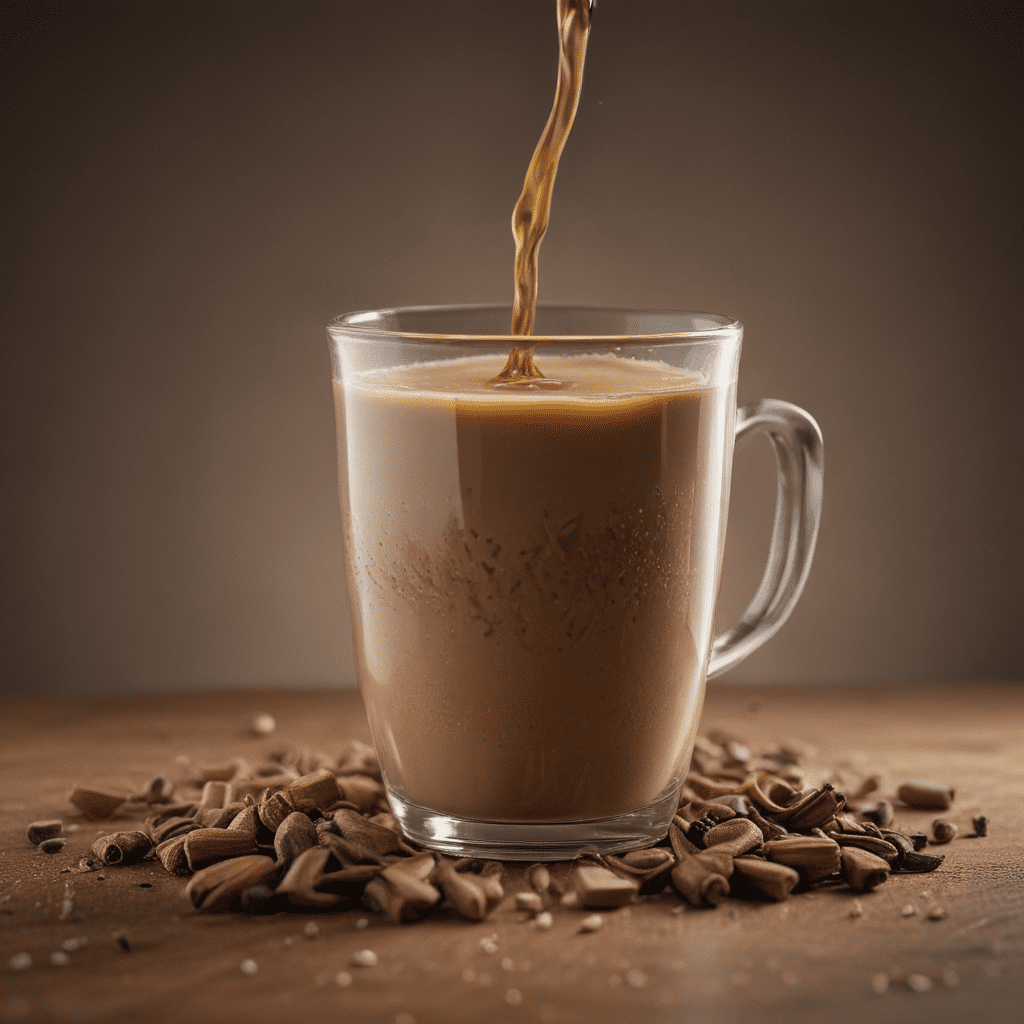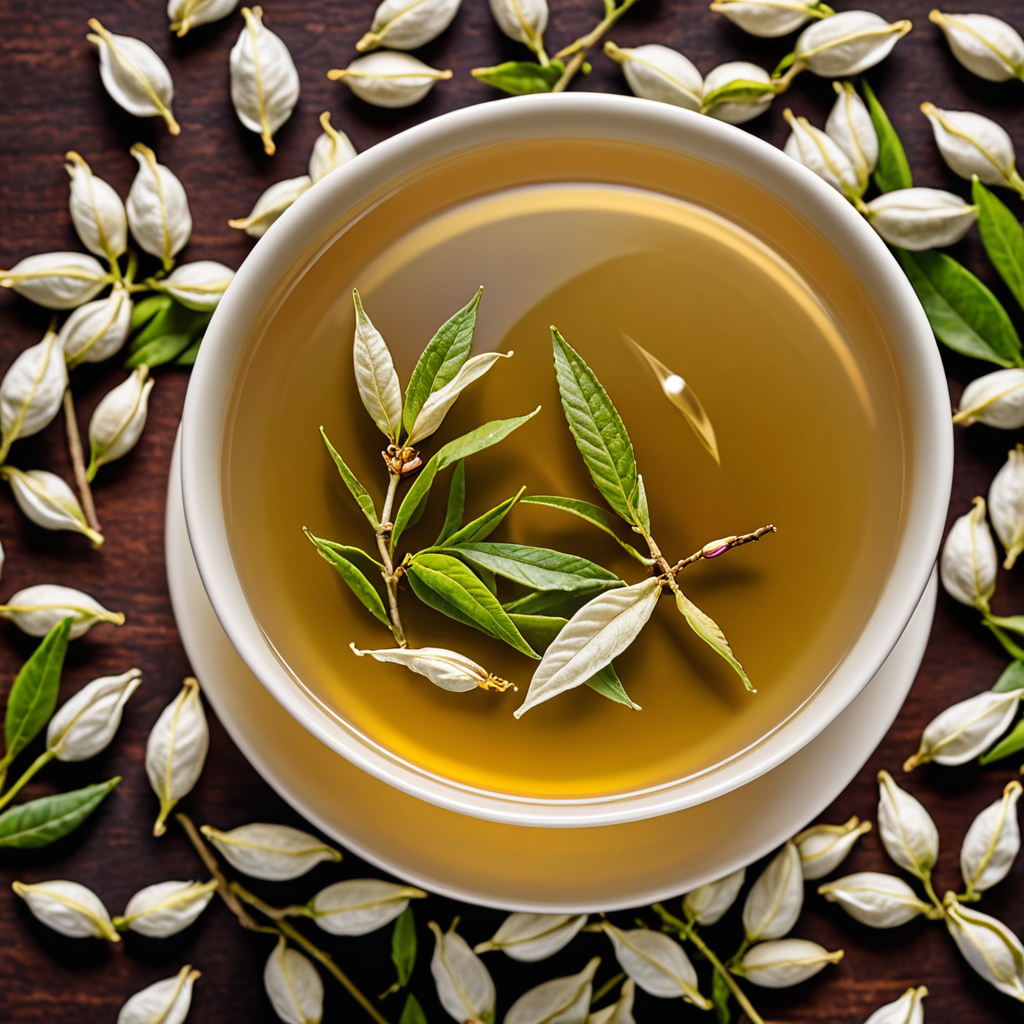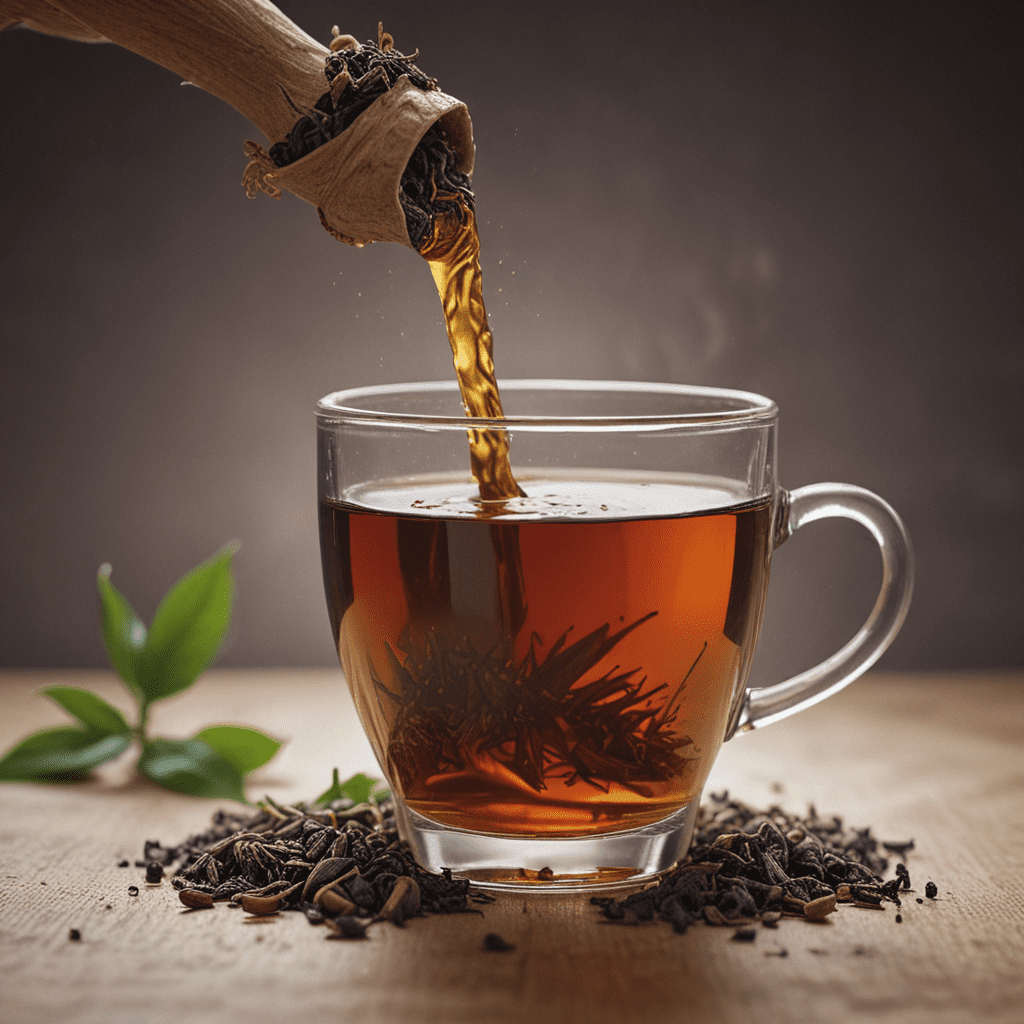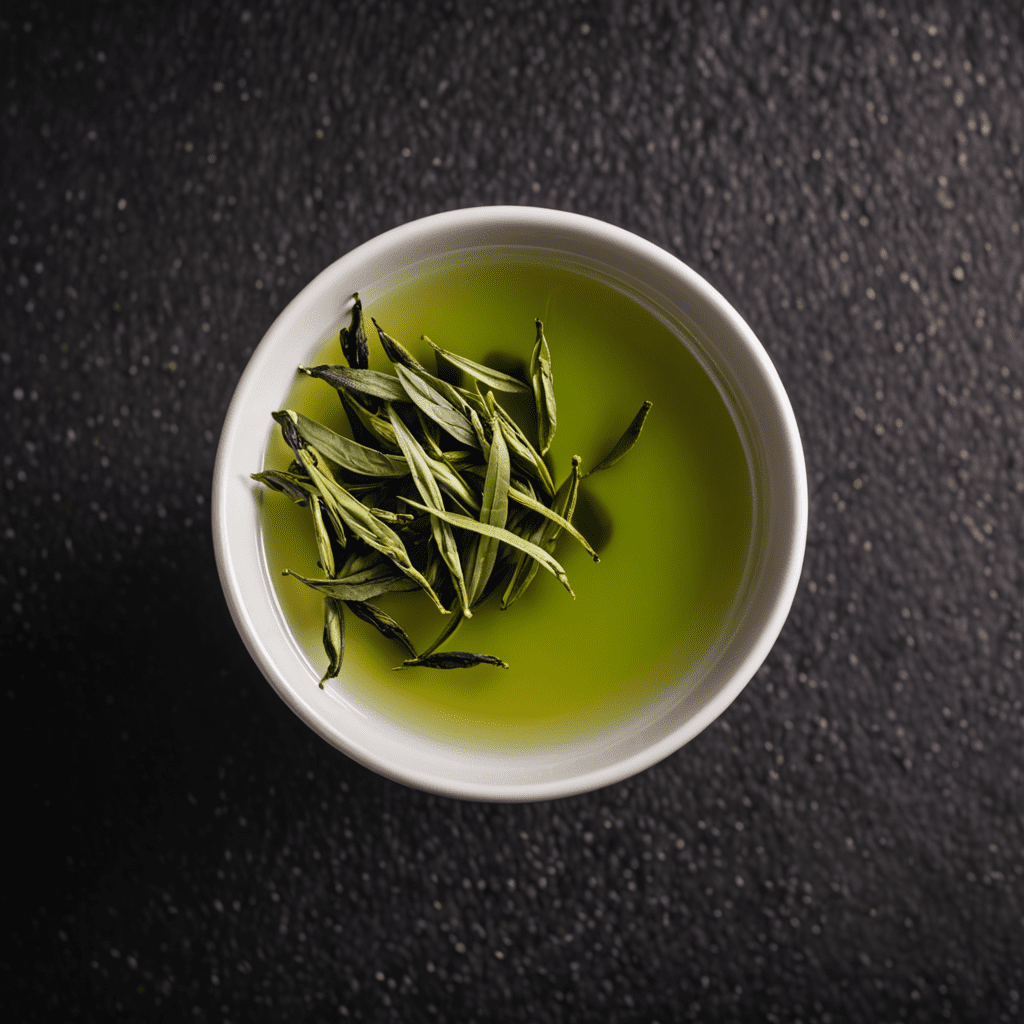
Chai Tea: Aromatic Delights from India
Chai tea, an aromatic beverage hailing from India, has captivated tea enthusiasts worldwide with its unique blend of spices and black tea. Steeped in centuries of tradition and cultural significance, chai tea has evolved into a diverse beverage with countless variations, each promising a distinct sensory experience.
Origins and History
The origins of chai tea can be traced back to ancient Ayurvedic practices in India, where healers utilized a blend of herbs and spices for their medicinal properties. Over time, these concoctions evolved into what we now know as chai tea, with black tea becoming a staple ingredient during the British colonial era. Today, chai tea remains an integral part of Indian culture, consumed throughout the day and shared during social gatherings.
Types of Chai Tea
The diversity of chai tea is as vast as the country it originates from. Each region of India boasts its own unique blend, featuring distinct combinations of spices such as ginger, cloves, cardamom, and cinnamon. Masala chai, the most popular variation, is a robust and full-bodied tea characterized by its aromatic spice profile. Other notable types include Kashmiri chai, known for its saffron infusion, and Assam chai, a malty brew hailing from the northeastern state of Assam.
Ingredients and Preparation
The essence of chai tea lies in its carefully curated blend of ingredients. Black tea forms the base, providing a rich and astringent foundation. A harmonious array of spices, including ginger, cinnamon, cardamom, cloves, and nutmeg, are then added to infuse the tea with their aromatic warmth. Milk and sugar are often incorporated into the preparation, lending a creamy texture and balancing the spiciness. The traditional method of preparing chai tea involves boiling water, adding tea leaves and spices, and simmering the mixture until the desired strength is achieved.
Health Benefits
Beyond its tantalizing flavors, chai tea is also revered for its potential health benefits. The antioxidants present in black tea may contribute to reducing inflammation and protecting against chronic diseases. Ginger, a prominent spice in chai tea, possesses anti-inflammatory properties and has been traditionally used to alleviate nausea and digestive issues. Cardamom, another key ingredient, may aid in digestion and promote oral health. While the health effects of chai tea vary depending on the specific ingredients used, its overall composition makes it a potentially beneficial beverage to incorporate into a balanced diet.
VI. Cultural Significance
Chai tea transcends its culinary essence and holds a profound cultural place in Indian society. It symbolizes hospitality and warmth, acting as an emblem of welcome and camaraderie. The preparation and consumption of chai tea are integral components of social gatherings across India, with family and friends congregating over cups of this comforting beverage. Its aromatic allure permeates homes, cafes, and street corners, serving as the perfect accompaniment to lively discussions, shared laughter, and the forging of deep bonds.
Regional Variations
The vast canvas of India gives rise to an array of regional variations that define the chai tea experience. The robust Masala chai prevalent in northern India features a rich, full-bodied character, brimming with the warmth of spices. Assam chai, originating from the northeastern region, showcases a malty depth that beautifully complements its bold spice profile. Kashmiri chai, a true culinary treasure from the picturesque Kashmir Valley, enchants the palate with the delicate nuances of saffron, lending it both an exquisite hue and an alluring aroma to this delightful concoction .
Chai Tea in Literature and The Arts
The captivating allure of chai tea has also captured the imagination of renowned authors, poets, and artists. Ruskin Bond, the acclaimed Indian- British author, has penned several poignant tales that pay homage to the enchanting charm of tea plantations and their role in nurturing human connections. Poets like Gulzar and Mirza Ghalib have woven their verses around the evocative essence of this beloved infusion, capturing its cultural significance, its sensory delights, as well as its ability to inspire literary expression..
Conclusion
Chai tea has journeyed from its ancient roots in India across continents and cultures and become a cherished beverage esteemed worldwide. It offers a vibrant fusion of flavors, a celebration of cultural traditions, and is believed to possess health- enriching properties.. As we sip on a steaming cup of fragrant chai tea, it becomes a conduit to connecting to its rich cultural legacy, allowing us to experience a taste of India's timeless traditions, one sip of aroma at a time.
FAQs about Chai Tea
Chai tea may offer certain potential health benefits due to antioxidants found in black tea and anti -inflammatory qualities attributed to ginger.
- How is the perfect chai tea brewed?
The perfect chai is a blend o black tea leaves with an assortment of spices like ginger , cardamom and cinnamon , simmered to your desired intensity
- How much caffeine is contained in chai ?
Caffeine content in chai can vary , but generally it contains less caffeine when compared to regular black tea.
- How is Indian chai tea different from regular chai ?
Indian chai typically incorporates a blend of traditional herbs and spices that lend a distinct flavor profile and warmth


